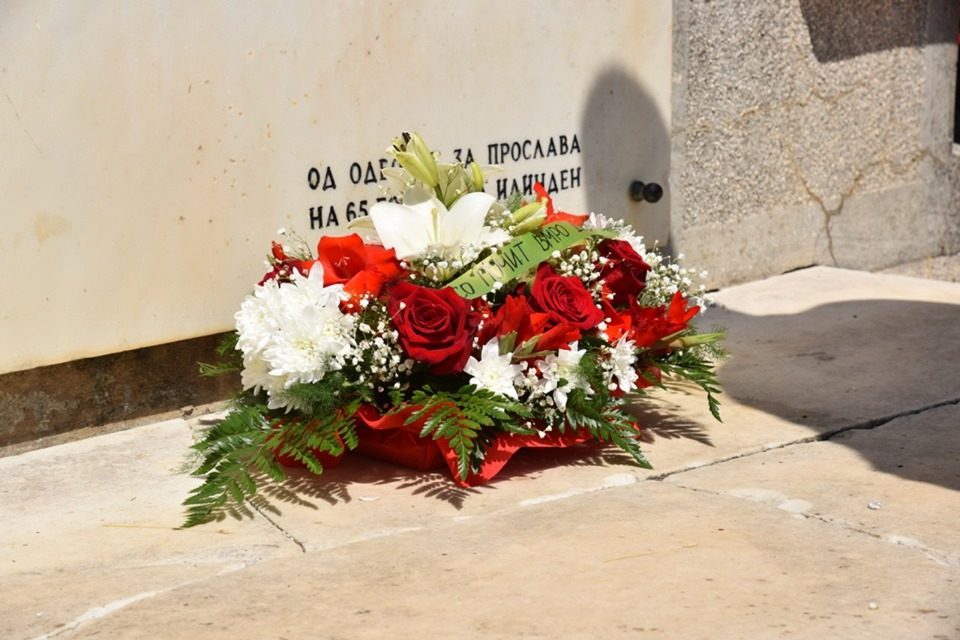In just less than two weeks, the first people of the State Prosecutor’s Office paid a visit in Sofia, and now the first people of the Constitutional Court. The scanty protocol statements cannot fully reflect the whole essence of such an urgent and quick visit of the two delegations in Bulgaria, especially since they come down to mutual institutional cooperation and assistance in the European integration path at a time when intergovernmental delegations are negotiating to overcome misunderstandings and lifting the Bulgarian veto on Macedonia.
There are no coincidences in politics, because coincidences do not happen by chance. This old, unwritten rule never loses its relevance, especially these days when the public is torn between the silence of the government and the calls of the opposition, analyzes the Pressing news portal.
In the analysis, it is stated that it becomes more than evident that the signed Agreement on Cooperation and Friendship and the completely wrong approach in its realization turned into an agreement for the past, rather than an agreement for the future.
The Bulgarian side put all the emphasis on history and EU membership tried to materialize it with sheer blackmail to achieve territorial hegemonic ideas and claims, while Macedonia found itself in a position to defend statehood, national identity, history, language, culture, tradition, customs, collective memory…
And in such conditions and circumstances it became quite clear that things would end in a stalemate. And the way out of it will have to be painstakingly and persistently sought.
In December, during the German presidency of the EU, before the final veto of Bulgaria, the wording appeared in public, which was supposed to be a kind of compromise between the member states. But the term “misinterpretation of history” was met with resistance among the allies themselves.
Now, however, during the Portuguese presidency, a new proposal is in circulation, which unfortunately is still unavailable to the domestic public. And in the absence of complete transparency, again, things seem to be going in a wrong direction. On the one hand, Bulgaria immediately rejected the proposal, and on the other, Macedonia says it is a good basis for overcoming the dispute. And except for the government, no one else knows what it contains or what is a good basis for! After all, if it has already been rejected by Sofia, why is it mentioned at all?!
The non-transparency of the government is the biggest problem at the moment and Macedonia seems to be losing in it. Instead of sitting together at the table and building national and state positions, the opposition found itself forced to start daily protests to reveal the content of the Portuguese proposal or the so-called roadmap accusing the government of completely selling out national interests behind the scenes, reads the analysis.





Comments are closed for this post.